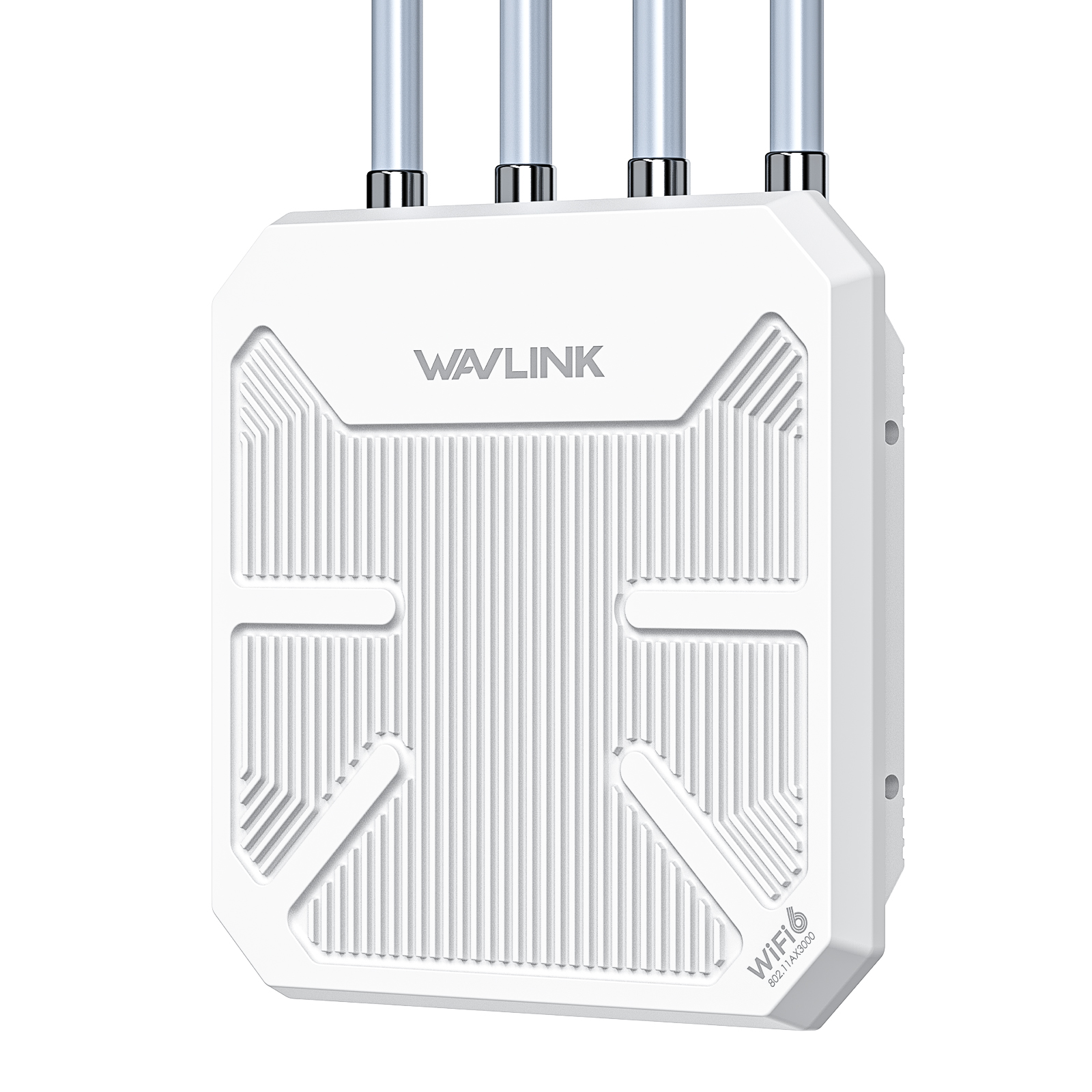1. What is G.hn ?
G.hn is considered as standard promulgated by the United Nations ITU for the technology called Powerline in 2009, which is based on power lines, telephone wiring and coaxial cables. It achieves a unified transmission standard through power lines, telephone wiring and coaxial cables. It adopts OFDM and MIMO(multiple-input and multiple-output ) technology, and the transmission speed can reach up to 1500Mbps.
Wavlink G.hn Wave-2 product family is compliant with the latest version of the ITU-T G.hn standard (Recommendations G.9960, G.9961, G.9962, G.9963 and G.9964). It also includes support for 200MHz coaxial; 200MHz phone line SISO, 100MHz phone line MIMO; and 100MHz powerline MIMO.
In the field of home networking, G.hn can achieve high-speed and stable transmission, and its transmission can pass through walls and across the floors, otherwise, it also reduces the need for new wiring, thus eliminating the cost of rewiring.
In the field of data backbone, G.hn could be used for the lighting system, building access, environmental sensing or monitoring, intelligent fire safety panel, intelligent lighting, intelligent elevator, video, security, etc.
In the field of intercome system, G.hn could be used for building access control, IP video surveillance, video analysis and monitoring, regional presence tracking, visitor management, etc. In the field of fire safety systems, the G.hn can be used for automation-fire safety system applications of G.hn building, fire panels and PLCs, and the connection of multiple systems and building.
In the field of HVAC, it can be used in indoor and outdoor units such as indoor units and thermostats. In the field of intelligent parking, it can be used for parking guidance, parking space searching, HD video surveillance, and queue occupancy at entrance and exit.
2.What is the differences between G.hn and HomePlug AV ?
At present, there are two types of power communication technologies adopted by the PowerLine including G.hn and HomePlug AV. HomePlug 1.0 was first released in November 2001 with a maximum theoretical data rate of 14Mbps; HomePlug 1.0 Turbo was launched in 2004 and its maximum theoretical data rate was increased to 85Mbps; and HomePlug AV was launched in 2005 and supported a transfer rate of 200Mbps. HomePlug AV2 is launched in January 2012, and its theoretical speed is up to 1200Mbps, it also has improved the coverage of home network.
In general, HomePlug AV has high line overhead, low encoding utilization, and is easily interfered by household appliances. In addition, because of the increasing adoption rate of G.hn Technology, investing in HomePlug was significantly reduced to the point where HomePlug Alliance announced its decision to disband.
G.hn has adopted the technology with the latest physical layer and MAC layer, so it has more advantages than HomePlug AV in performance, which is mainly reflected in the technology of G.hn’s efficient LDPC correction and code, the support of QoS, and MAC layer multicast and broadcast, algorithm advantages of data security and encryption, unique protection mechanism to neighbor interference, other comparisons are shown in Table 1 and Figure 1.
| G.hn | HomePlug AV | |
| Theoretical Speed | G.hn Wave-2: Power lines:1500Mbps Telephone wiring: 1700Mbps | HomePlug AV:200/500Mbps HomePlug AV2:1200Mbps |
| Update Status | G.hn Wave-3 is expected to be released in 2023, the theoretical speed will reach 2.5Gbps and 5Gbps. | HomePlug Alliance announced its decision to disband, so it will be no longer updated. |
| Numbers of Nodes | 16 | 7 |
| Others | Any node in the middle can be set as repeater, up to 16 levels. | None |
| Comunication across meters, Network healing, Mesh network formation, Auto-identification of the best way and Adaptive DSP algorithm. | None |
Get the Scoop First
Subscribe to our official website to receive exclusive first-hand news and stay up-to-date on our new product releases and promotions!



